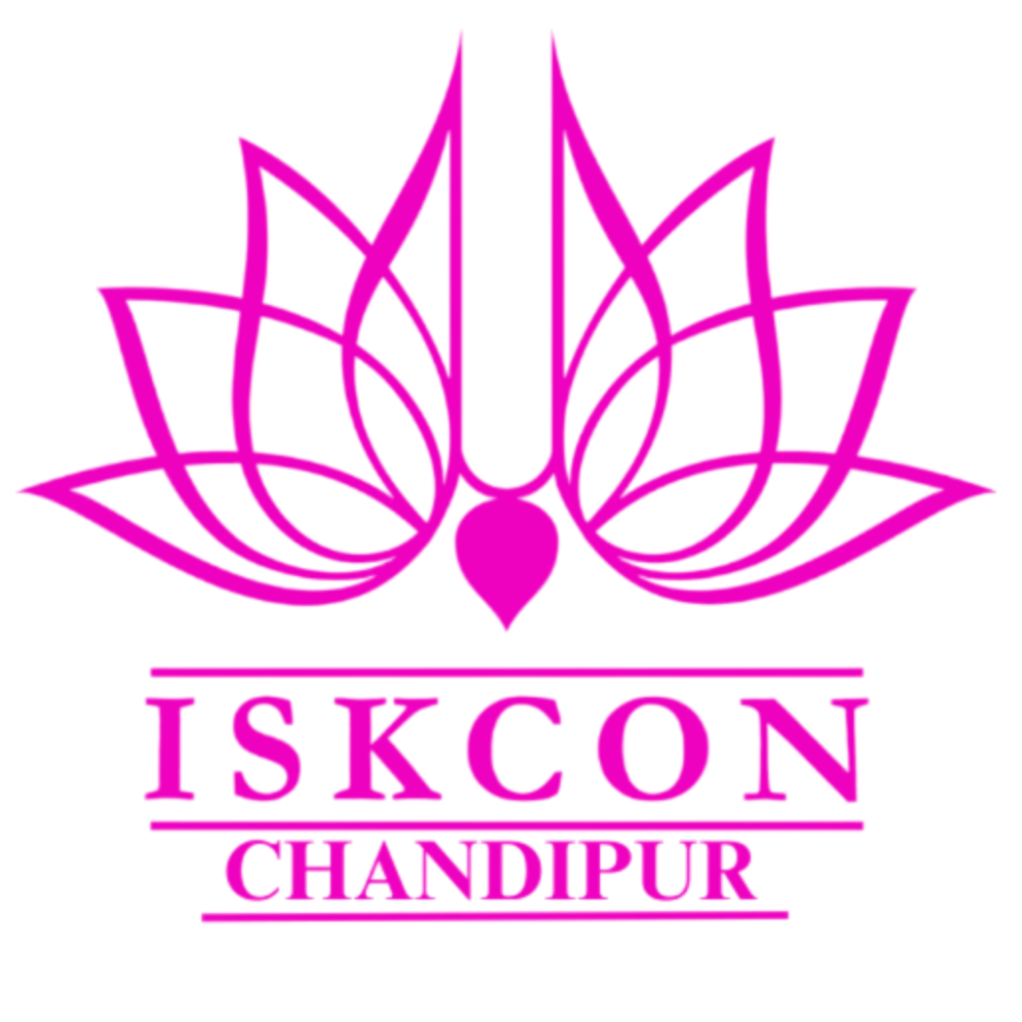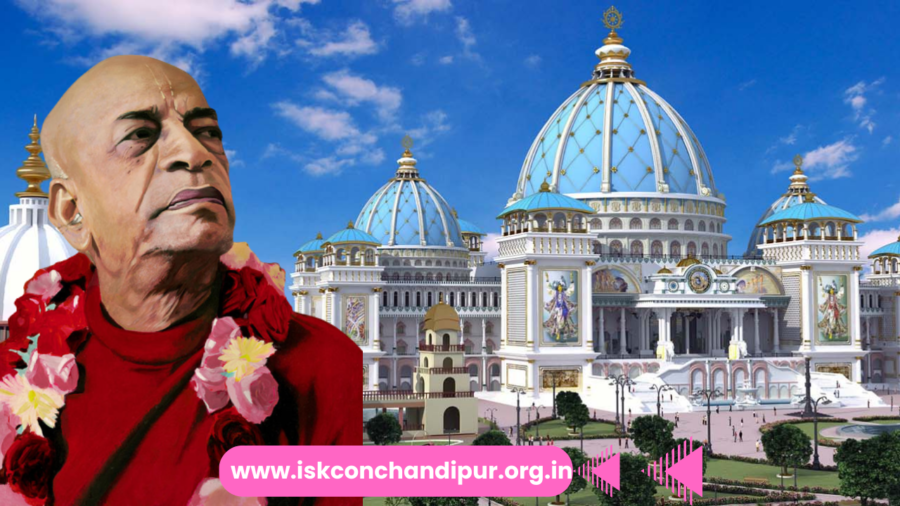Srimath Jayapataka Swami Guru Maharaj: A Life of Devotion and Service in ISKCON
Srimath Jayapataka Swami Guru Maharaj, also known as Jayapataka Swami, is a prominent spiritual leader within the International Society for Krishna Consciousness (ISKCON), founded by A.C. Bhaktivedanta Swami Prabhupada. He is a respected guru, teacher, and one of the senior disciples of Srila Prabhupada. Jayapataka Swami was born John Gordan Erdman on April 9, 1949, in Milwaukee, Wisconsin, USA.
Early Life and Spiritual Journey
In his youth, Jayapataka Swami showed a keen interest in spirituality and different religious traditions. However, it was during his college days at the University of California, Berkeley, that he encountered the teachings of Srila Prabhupada and the Hare Krishna movement. Deeply moved by the philosophy and practices of Krishna consciousness, he embraced the path of devotion and became a dedicated follower of Srila Prabhupada.
Dedication to ISKCON and Service
After joining ISKCON in 1968, Jayapataka Swami immersed himself in the mission of spreading Krishna consciousness globally. He underwent intensive training and study under Srila Prabhupada’s guidance and received initiation as a Brahmin priest in 1969. Throughout the 1970s, he served in various roles within ISKCON, contributing significantly to the movement’s growth and development.
Leadership and Global Travel
In 1975, Jayapataka Swami was awarded the sannyasa (renunciant) order by Srila Prabhupada, bestowing upon him the title “Jayapataka Swami.” As a sannyasi, he assumed the responsibilities of spiritual leadership and continued to expand ISKCON’s presence worldwide. He traveled extensively, establishing temples, preaching, and guiding devotees in different countries.
Contributions and Initiatives
Jayapataka Swami played a vital role in translating ISKCON’s foundational texts, such as the Bhagavad Gita and the Srimad Bhagavatam, into various languages. His efforts in making sacred literature accessible to a broader audience have been highly appreciated.
Health Challenges and Resilience
Throughout his journey, Jayapataka Swami faced significant health challenges, including a serious accident in 1986 that left him paralyzed. Despite these obstacles, his unwavering determination and devotion to Krishna continued to inspire countless devotees and well-wishers around the world.
Guru and Spiritual Guide
As a senior guru within ISKCON, Jayapataka Swami has initiated numerous disciples and guided them on their spiritual paths. His compassionate and loving demeanor has endeared him to his followers, who see him as a source of inspiration and guidance in their spiritual journey.
Continuing Service
Despite his health challenges, Jayapataka Swami continues to serve ISKCON and the worldwide community of devotees. He remains actively involved in preaching, temple management, and spiritual initiatives. His devotion and dedication to Srila Prabhupada’s mission have made him a beloved figure within the Hare Krishna movement.
Decision
Srimath Jayapataka Swami Guru Maharaj’s life is a shining example of unwavering dedication to spirituality and service. His contributions to ISKCON and his unyielding commitment to spreading Krishna consciousness have left an indelible mark on the hearts of devotees worldwide. His life story serves as an inspiration for spiritual seekers, demonstrating the transformative power of devotion and the limitless potential of service to God and humanity.



